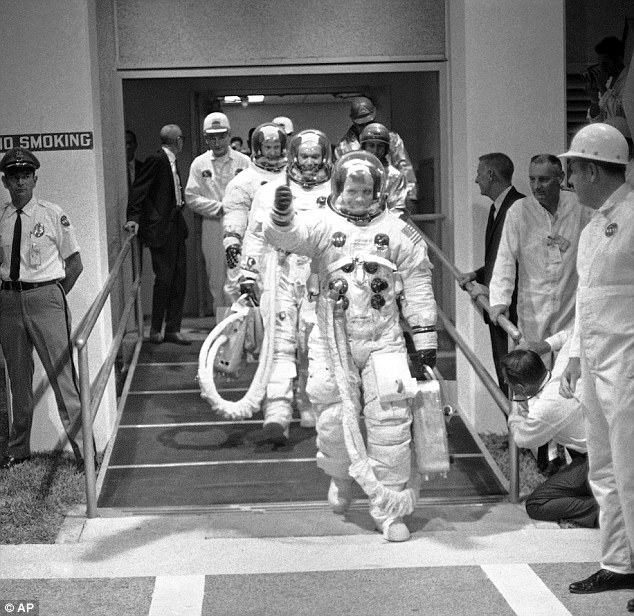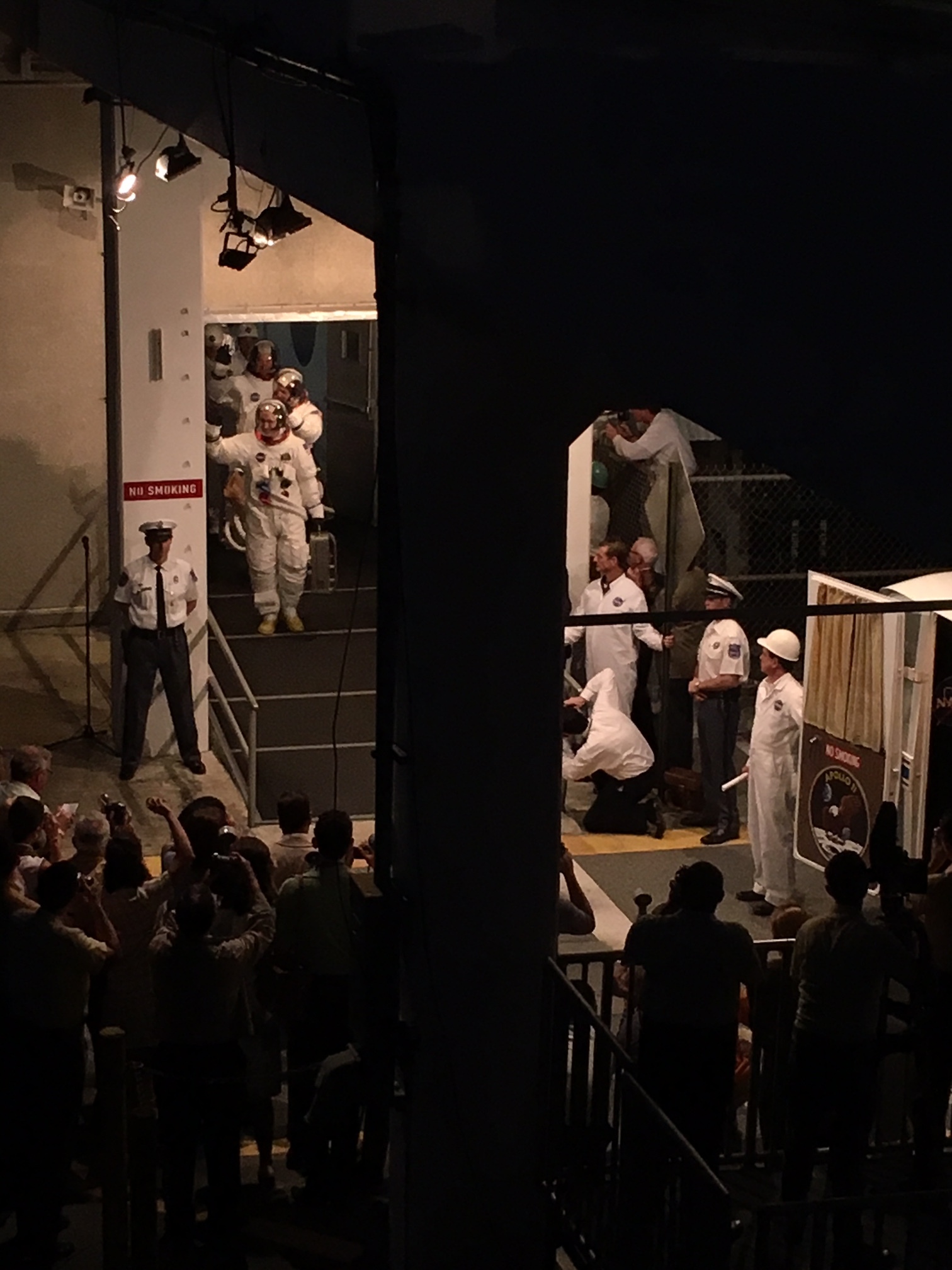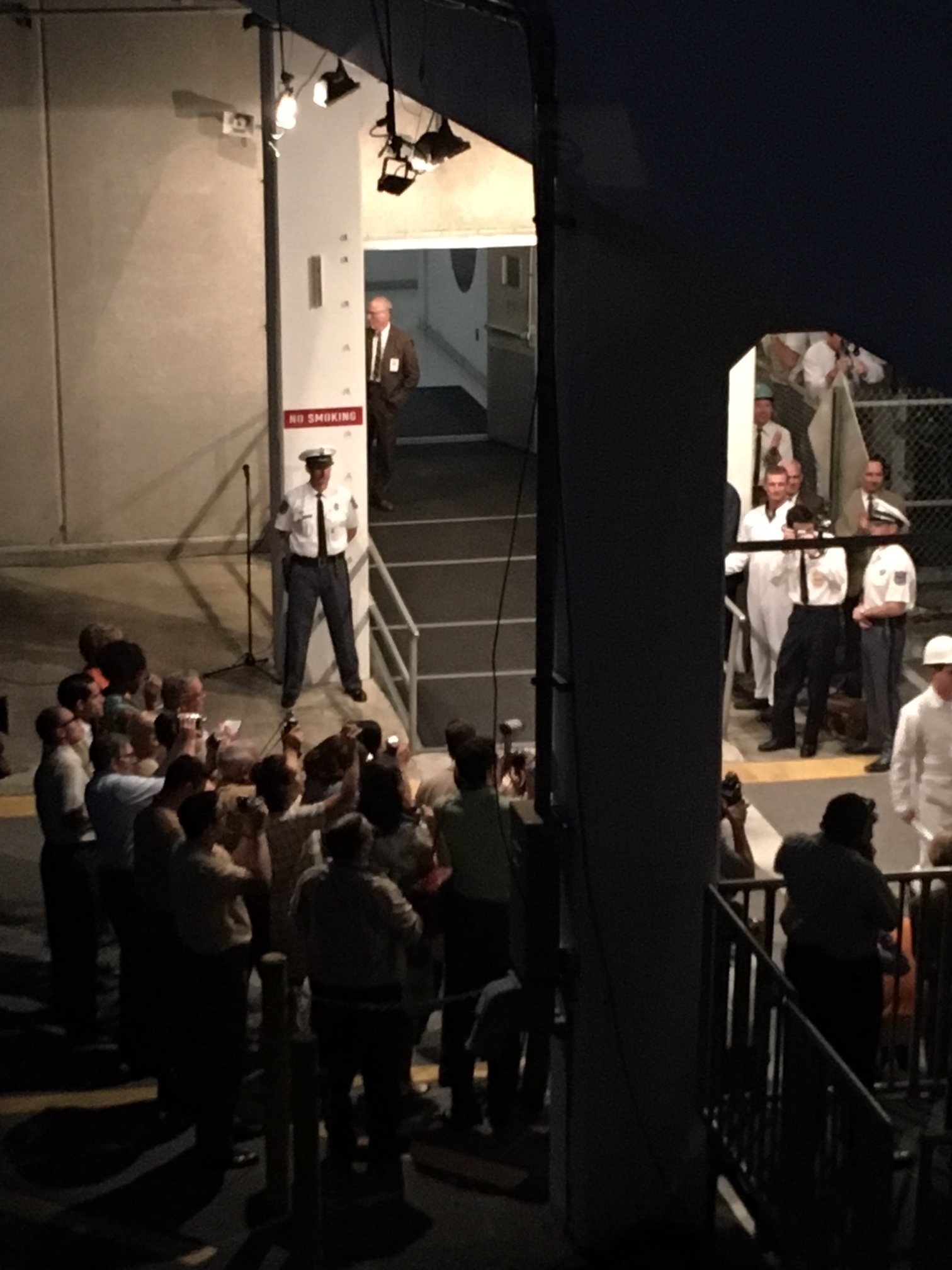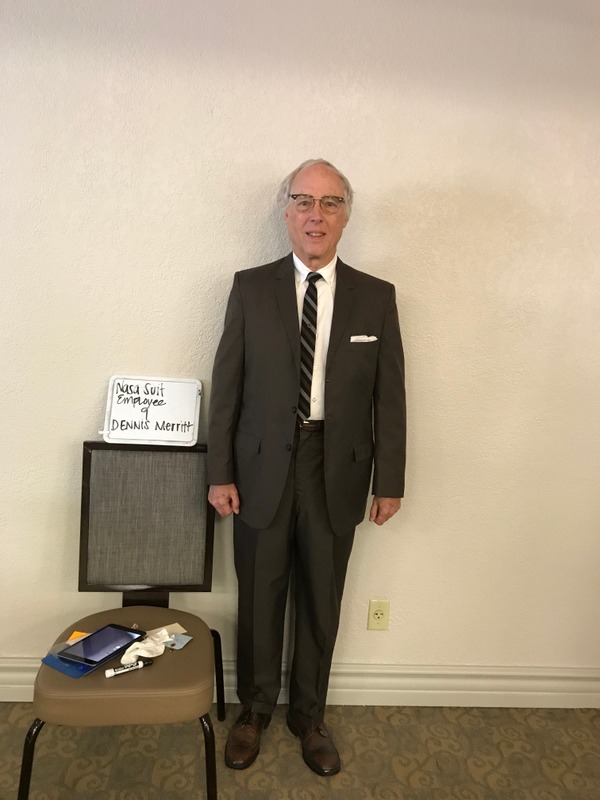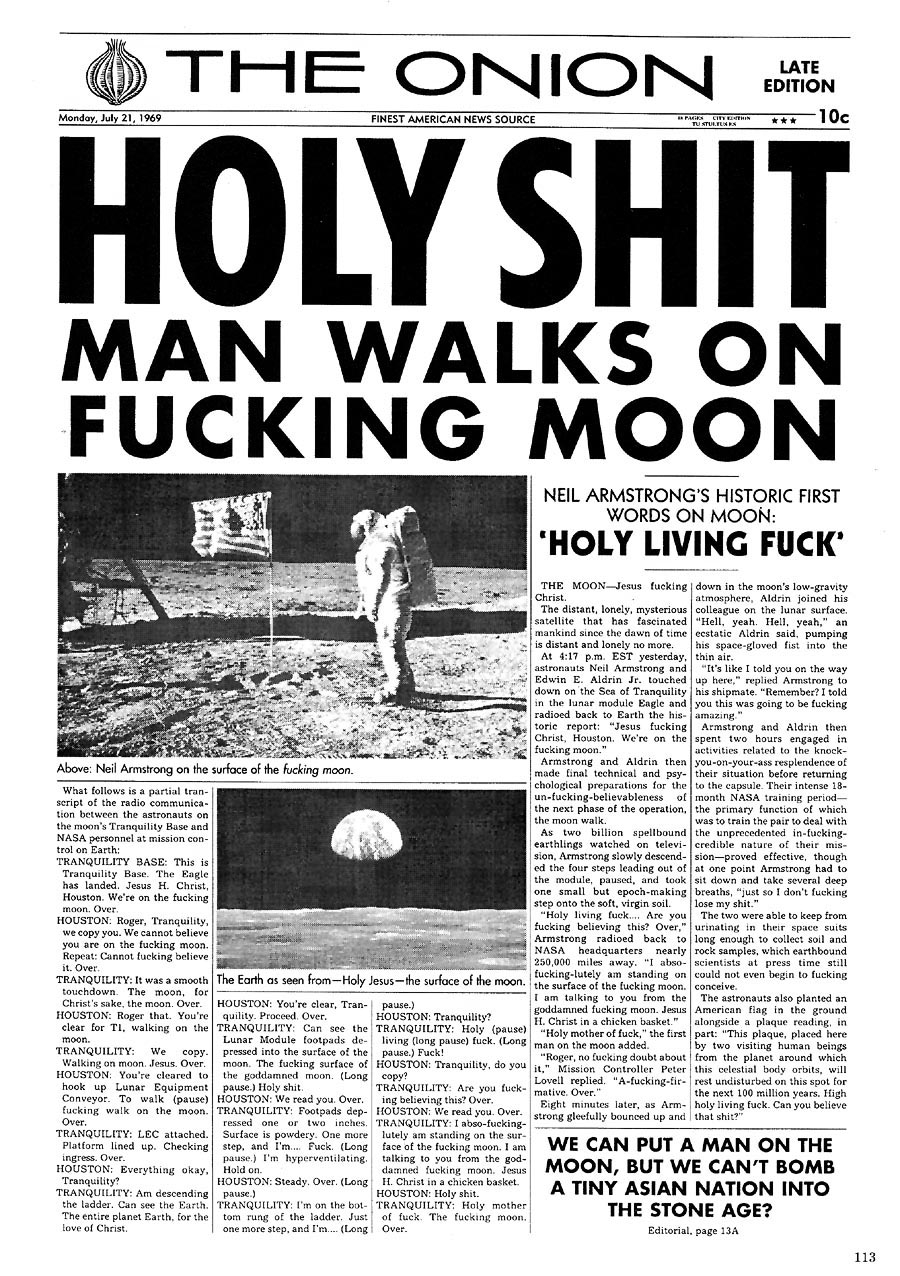Back in the 1970s in Cambridge Mass. a recent Harvard MBA graduate had an idea for a business. Serious dance lessons for non-serious dancers. Instructors that taught jazz and ballet dancing in studios with wood floors and mirrors and bars. But for ordinary people.
He called it “The Joy of Movement Center” with a number of studio locations through out the city. It was a huge success, all sorts of people signed up to learn the sort of dance serious dancers did, including my wife and I.
We thought we were a pretty good dancers, what knowing how to do the Mashed Potatoes and all, and were fairly athletic 20 year olds at the time, so we signed up for Intermediate Jazz because, clearly, we were past beginner.
Huge mistake! There were 5 6 7 8s coming at us faster than we could process, and isolations and moves and complex choreography. We quickly developed a lot of respect for serious dancers.
Our instructor had a professional dance troupe, “Becky Arnold’s Dancing Machine,” and she’d just lost one of her male dancers. Male dancers were hard to find and she needed a replacement for one number in her show and I showed some promise.
So she asked me to be in her show.
Well what a trip, of course I said yes. And she worked with me on the moves and the choreography but I had such a hard time remembering the sequences, and even when I did, well I got the moves but probably not with the pizzazz I should have.
Then came the night for our performance, at the Berklee Performance Center in Boston. It was lightly attended, but still, there was an audience. I made it through all the moves, so no great embarrassment, but that’s probably all I can say.
Becky came up to me after the show and gave me $5, my share of the gate. And told me I wouldn’t be needed any more.
But still, that makes me a professional dancer, right?
Epilog — We remained friends with Becky and her husband, and took a number of other courses with other instructors and enjoyed them all. But then, sigh, people, there were arguments between the young business guy who started it and the instructors and battles over money and the whole thing fell apart.

